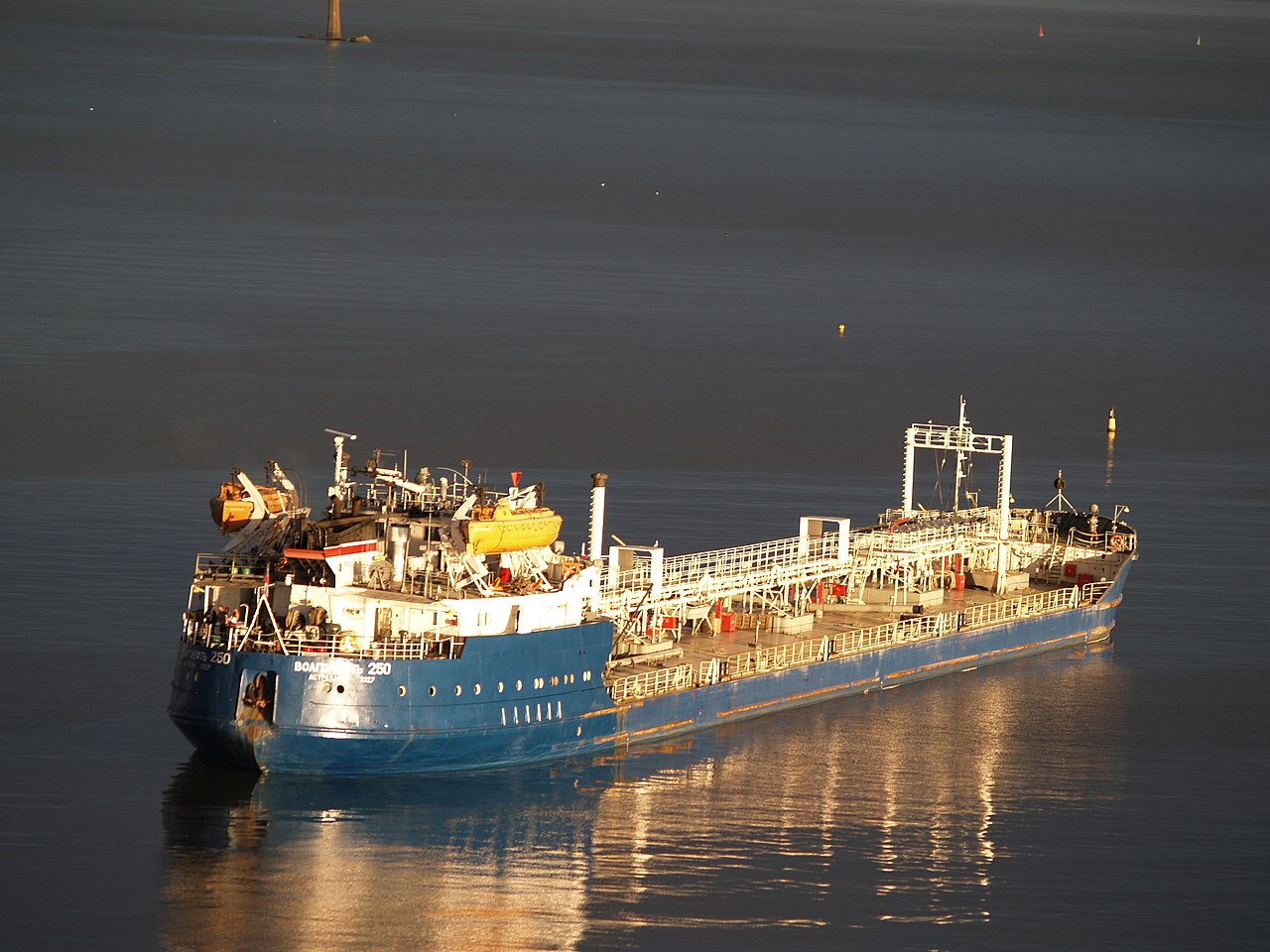US President Donald Trump has stated that America can take devastating measures against Russia’s economy to pressure Moscow into accepting a peace deal with Ukraine. However, analysts told Newsweek that there are limits to what Trump can do in negotiations with Russia.
Despite severe Western economic sanctions, Russian ruler Vladimir Putin has sustained his all-out war in Ukraine for three years.
“Putin’s response Thursday to a 30-day ceasefire proposal proved Russia won’t be easily pushed around, as he made clear he was open to a deal only if it includes conditions that will be difficult for Kyiv to accept,” the report notes.
Analysts suggest that the most effective approach would be increasing pressure on Russia’s oil and gas exports, the country’s main revenue source funding the war.
“If you’re trying to get to a quicker settlement to the conflict in Ukraine, that’s what you go after, those continued [Russian] energy sales. It’s the only thing left,” said Emily Kilcrease, a senior fellow at the Center for a New American Security.
However, Kilcrease noted that a full-scale energy sanctions approach might be unlikely under Trump’s administration due to concerns about economic instability amid his trade policies.
“President Trump came in promising to drive prices at the pump down by half. That highlights the delicate needle he has to thread in engaging with Russia on energy right now. I suspect they’ll be very cautious about sanctions that would risk taking Russian barrels off the market place,” said Mark Finley, an energy expert at Rice University’s Baker Institute.
Experts also warned that intensifying sanctions on Russia’s energy sector could provoke a strong response from Moscow and require sustained cooperation with allies—something Trump has struggled with due to his tensions with Canada, the EU, and other nations over tariffs.
“Getting the allies to speak in one voice on this would be more complicated these days,” Finley noted.
Trump likely acknowledged this dilemma in his remarks, emphasizing that while the US could take economically devastating actions against Russia, his priority remains achieving peace.
“In a financial sense, we could do things [that are] very bad for Russia. It would be devastating for Russia. But I don’t want to do that because I want to see peace,” said Trump.
The outlet pointed out that Putin’s conditional support for a 30-day ceasefire highlights the challenges the US and Ukraine face in trying to convince Russia to end the war. Now, the key issue is whether the US will continue offering unilateral benefits to the Kremlin or shift toward increasing pressure on Russia, as it has done with Ukraine.
Related:
- Politico: Starmer’s diplomatic heavyweight works to repair Trump-Zelenskyy relations
- Trump’s Ukraine stance worrying for Russia’s neighbors, says David Cameron
- WP: Leaked document reveals Kremlin’s hardline Ukraine negotiation strategy
- What is the value of US security guarantees? Here’s what history shows
- Putin’s aide says Russia does not want a temporary truce




